Like You, Only Different
This will change the way you think about animals.
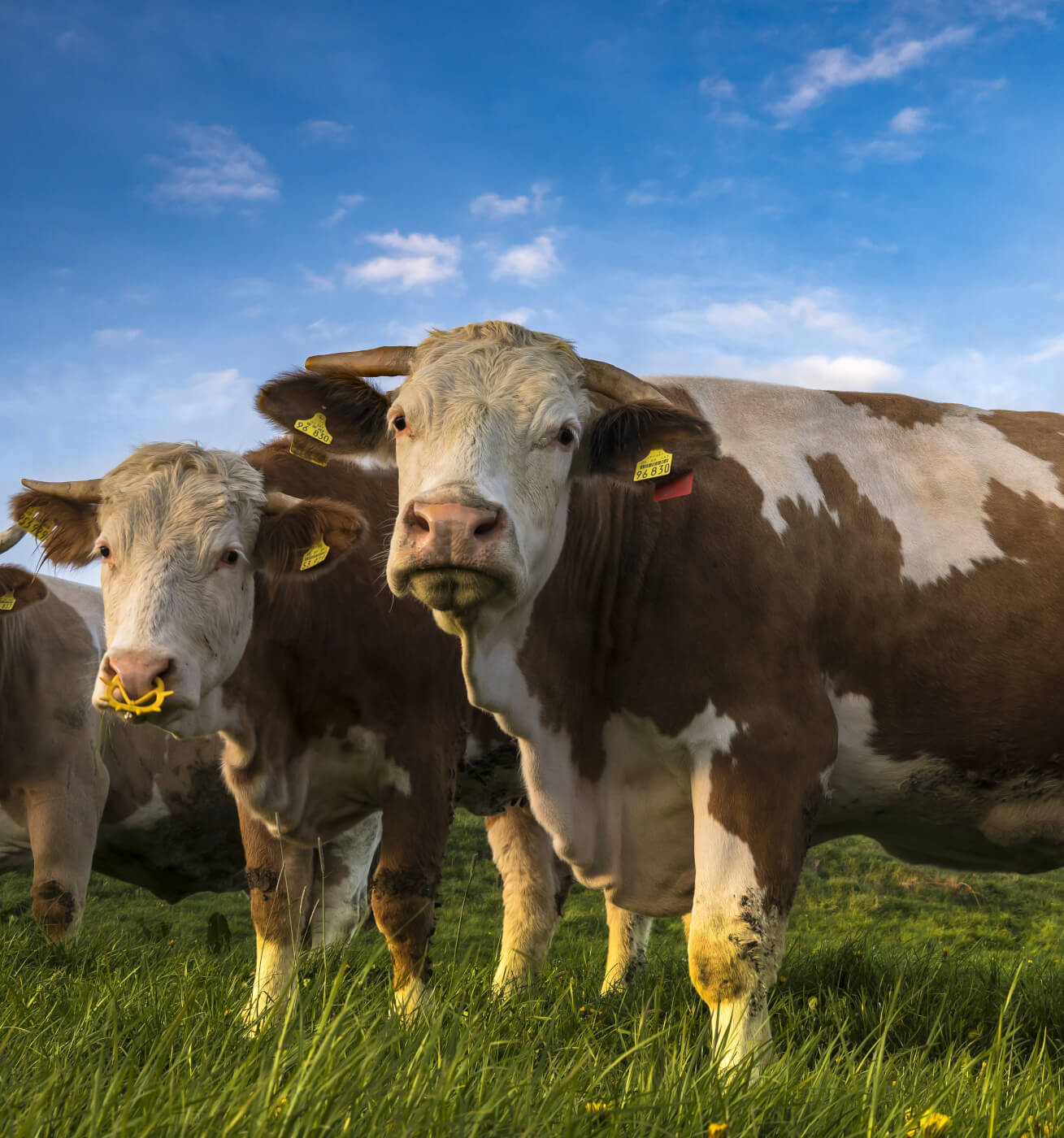
“The animals of the world exist for their own reasons. They were not made for humans any more than black people were made for white, or women created for men.”
—Alice Walker, author and activist
Animals Are Like You—Only Different
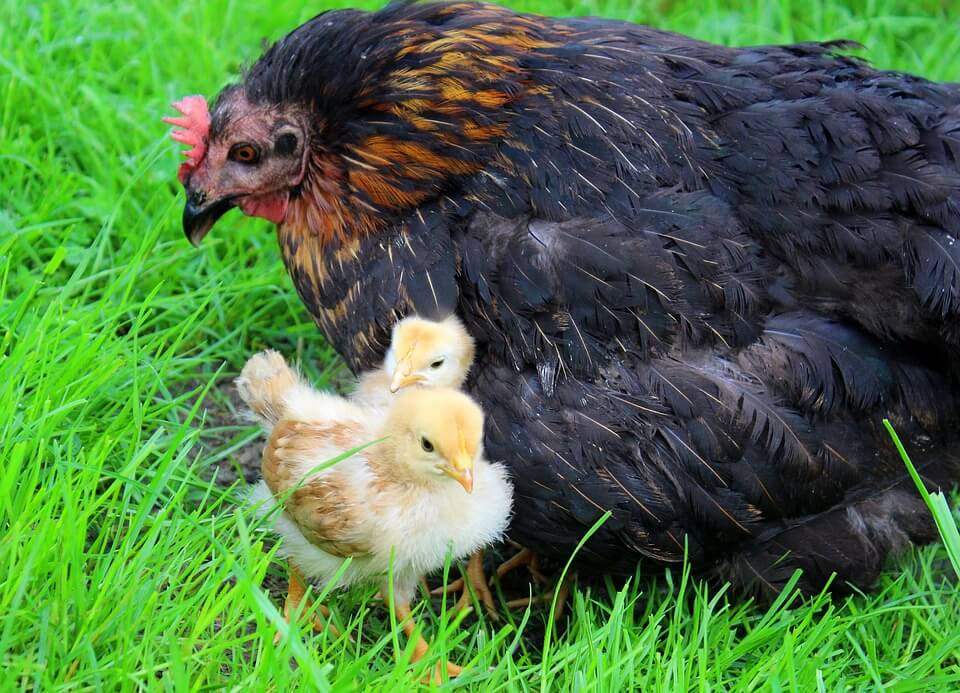
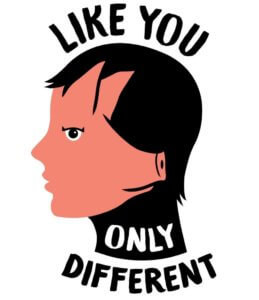
Just like humans, animals love and nurture their young, get frustrated from a lack of mental stimulation, and want to live free from harm. Chickens dream when they sleep, elephants use tools to accomplish tasks, and dolphins can recognize themselves in a mirror and have been seen examining their own tongues and eyes.
Animals are capable of solving problems, anticipating the future, learning from past mistakes, recognizing old friends, showing appreciation to those who’ve helped them, enjoying music, communicating with each other, and showing empathy for others.
Nonhuman Animals Are Very Similar to Humans in Many Ways
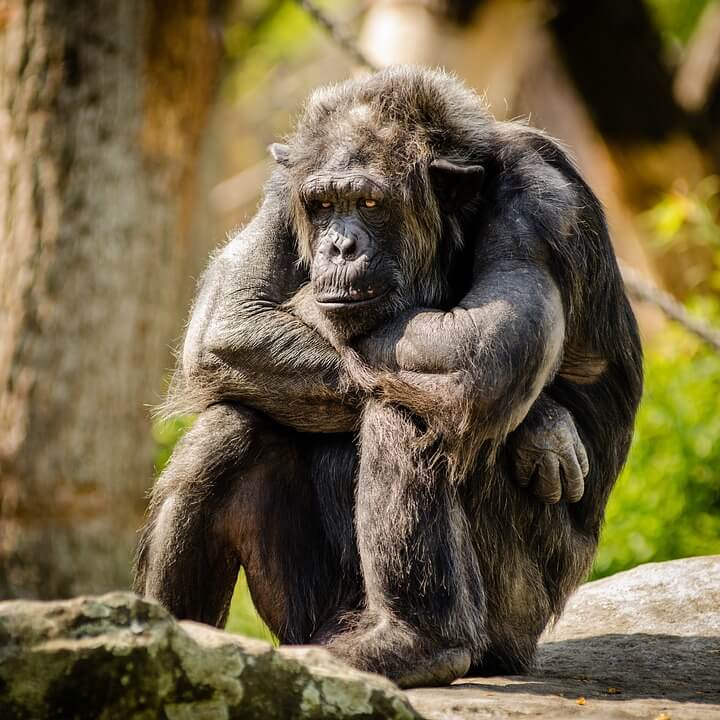
Emotions, empathy, problem-solving, caution, teamwork, rituals, the will to survive … these things are not unique to humans. Consider the following examples:
- When Thomas the orphaned chimpanzee died, his companion, Pan, grieved for him. Many of the other chimpanzees touched Thomas’ body, and one dominant female brushed his teeth with grass before his corpse was taken away.
- A group of mother sperm whales in the Sargasso Sea formed a babysitting circle, taking turns to watch over each other’s calves while the others hunted for food. The babysitters even allowed the other calves to nurse if they were hungry.
- Some crows use cars to crack walnuts. They let the cars drive over them and then wait until the traffic light turns red before flying down to scoop up the nuts.
- When a surfer in California was attacked by a great white shark, a pod of bottlenose dolphins swam over and formed a protective ring around him, giving him a chance to escape from the shark and swim back to shore.
- A mother cow exploited by the dairy industry gave birth to twins, and she knew that they’d be taken away from her—as her other calves always had been. Female cows used by the dairy industry are forcibly impregnated because just like humans, cows have to have a baby in order to produce milk. But mothers on dairy farms aren’t allowed to nurse their young, because humans take it for themselves. Therefore, minutes after calves are born, they’re dragged away from their mom, never to see each other again. So this mama cow devised a plan. She hid one of the twin calves, knowing that if she hid both, workers would come looking and take both. Can you imagine how heartbreaking that choice must have been for her?
Animals Are Also Extraordinary in Their Own Unique Ways—With Talents and Abilities That No Human Possesses
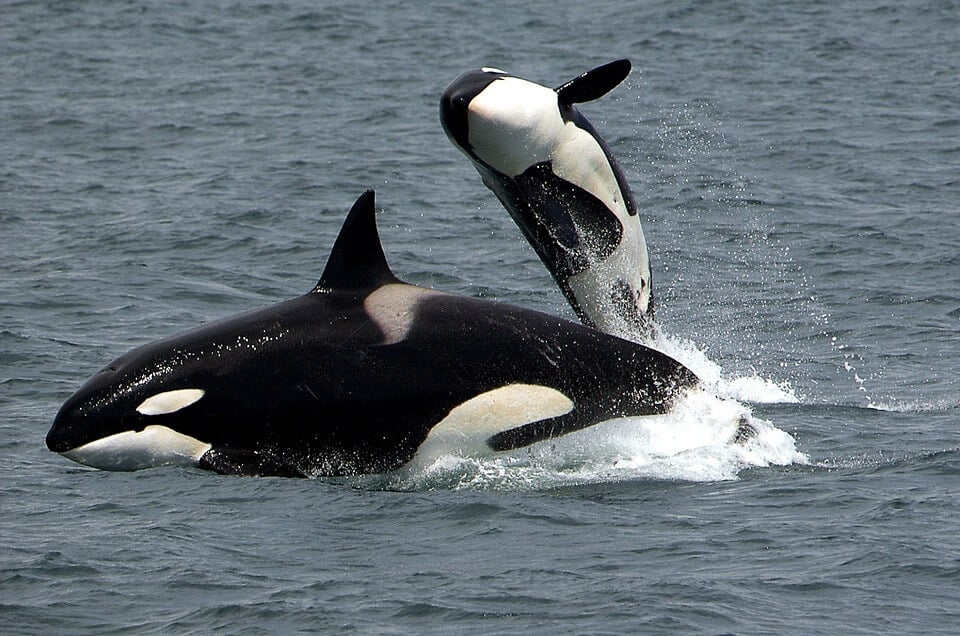
Animals don’t have to wish for superpowers—they already have them. Many can see better than humans, run faster, fly without boarding an airplane, hear distant sounds, and detect scents that we could never sense. Some can even glow in the dark. Here are some of the many abilities that are unique to nonhuman animals:
- Newborn piglets run toward their mothers’ voices and can recognize their own names when they’re only 2 weeks old.
- Indonesian mimic octopuses can imitate snakes, fish, and other species by physically morphing their appearance to look like other animals in order to scare off predators. For example, they flatten their heads and arms and turn brown and white in order to mimic a poisonous flatfish. They even copy the fish’s swimming movements for extra effect.
- Baby chicks as young as 2 days old can understand that objects still exist even when they’re not visible (a concept that human babies can’t grasp until they’re about 7 months old).
- Orcas use echolocation to “see” underwater. By making clicking sounds, they can pinpoint the exact location of their prey and even distinguish between species of fish.
- In order to attract a mate, this puffer fish created a stunning work of art in the sand using only his fins.
Animals are intelligent, complex, social, and sensitive beings who undeniably have the capacity to feel pain as humans do. Because of that, they deserve our consideration. And yet …
We rape, mutilate, confine, and slaughter them for their flesh …
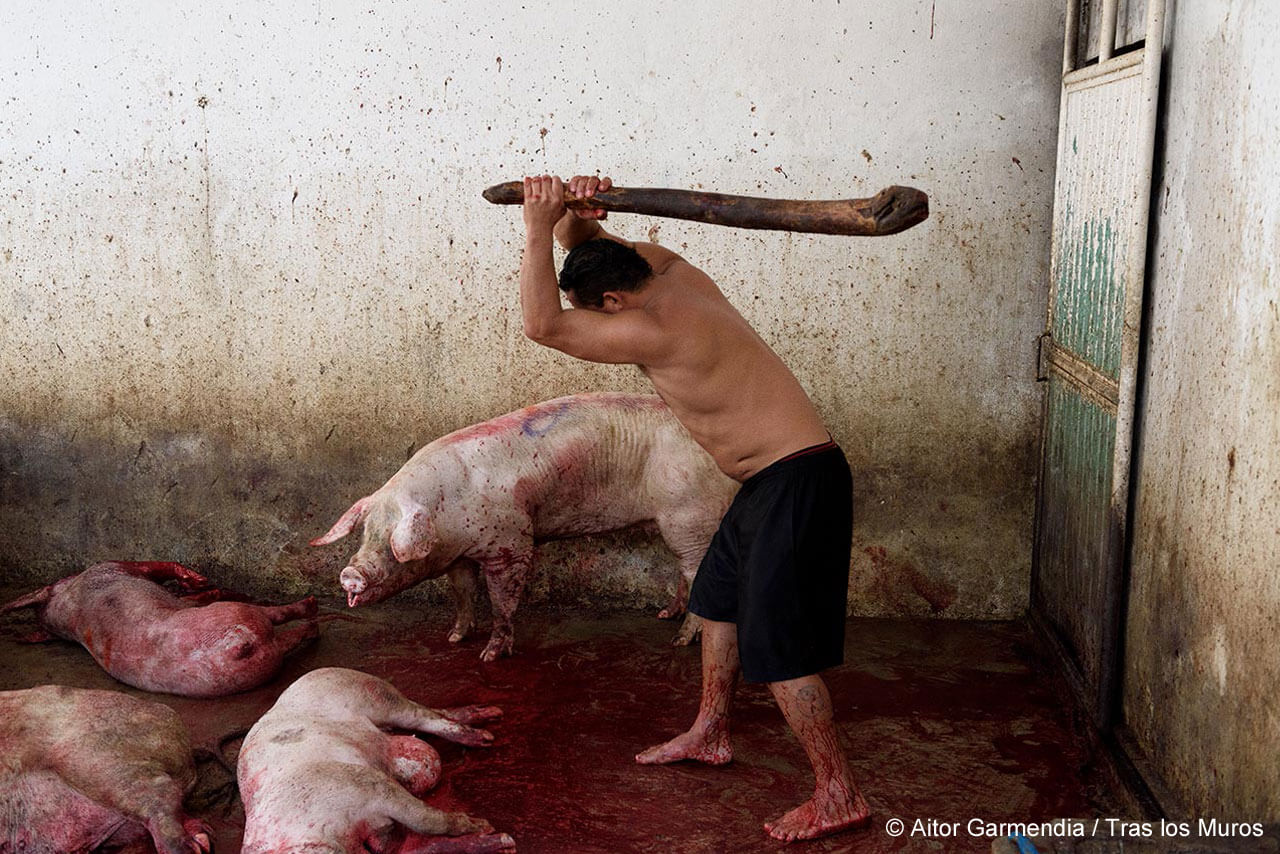
Cage, neglect, bludgeon, pluck, and skin them to make clothing …
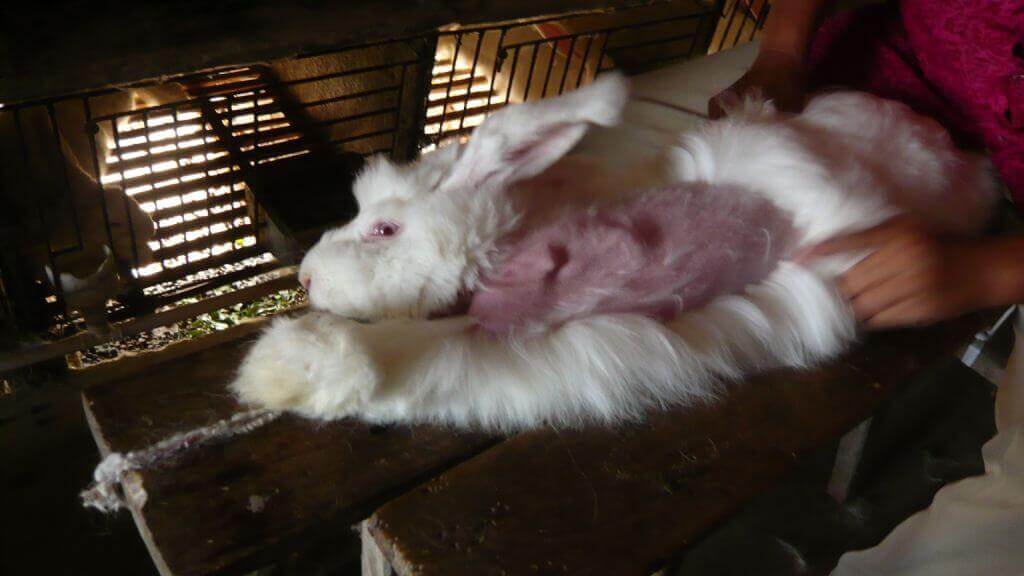
Beat, electro-shock, chain, and torment them for entertainment …
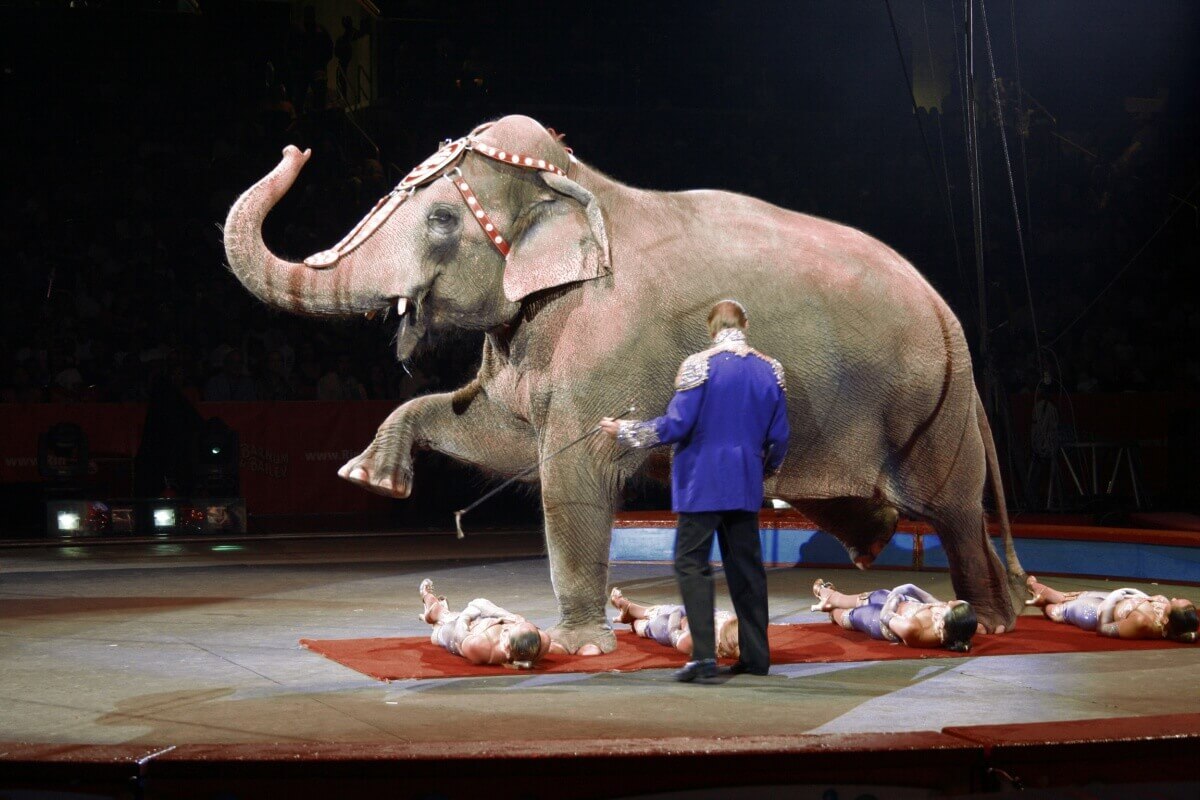
And burn, isolate, cut, drug, and poison them in experiments.

Even if there are labels on your animal-derived product that say, “Free-Range,” “Cage-Free,” “Humane Certified,” “Ethically Sourced,” “Sustainable,” or some other phrase designed to comfort you, we need to realize that these labels are misleading, because there’s no ethical way to exploit a living, feeling being. Raising animals only to take their milk, feathers, eggs, flesh, and skin is inherently exploitative and cruel.
Most of the time, these labels don’t even deliver on the meager protections that they do promise because there’s no one overseeing the facilities these products come from. PETA has gone inside a “humane certified” pig farm supplying Whole Foods, a “free-range” egg farm, and an “organic” goat milk farm. In each case, the animals were abused horrifically.
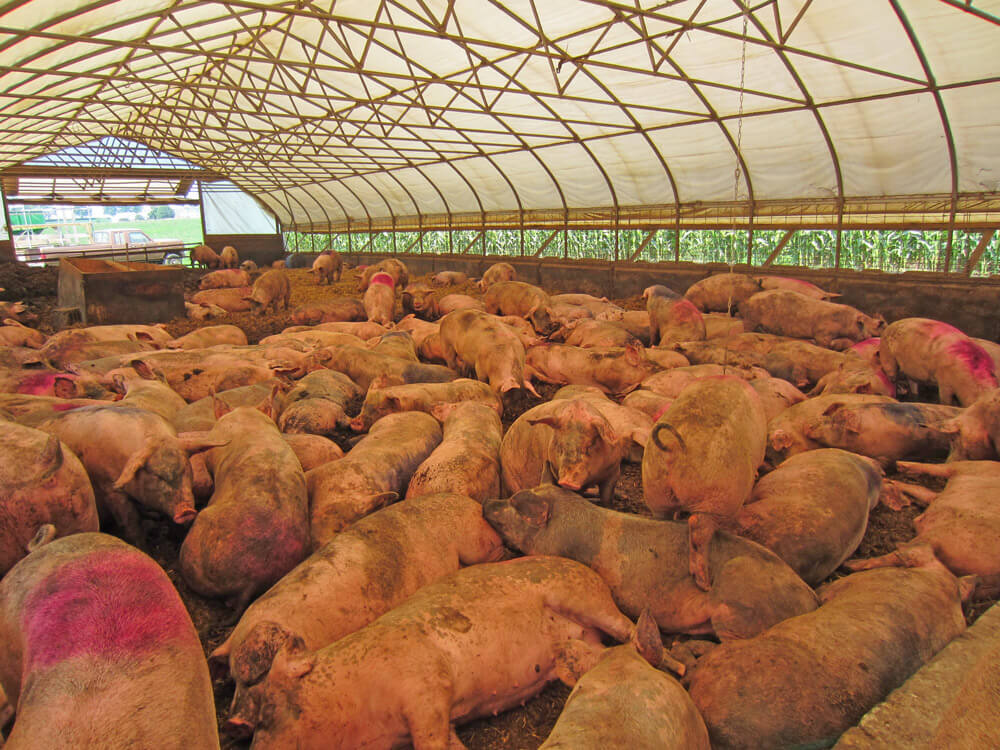
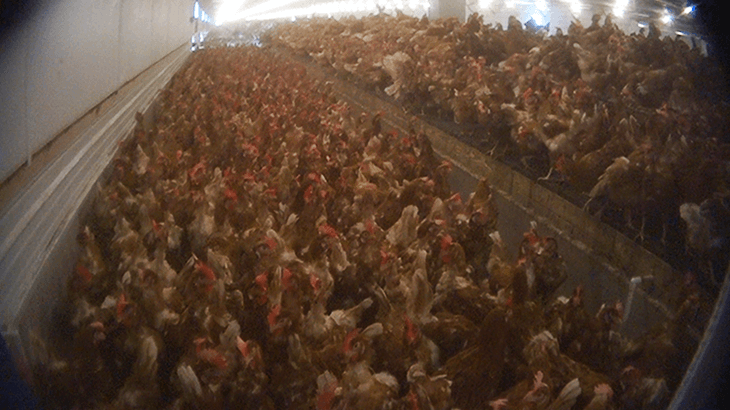
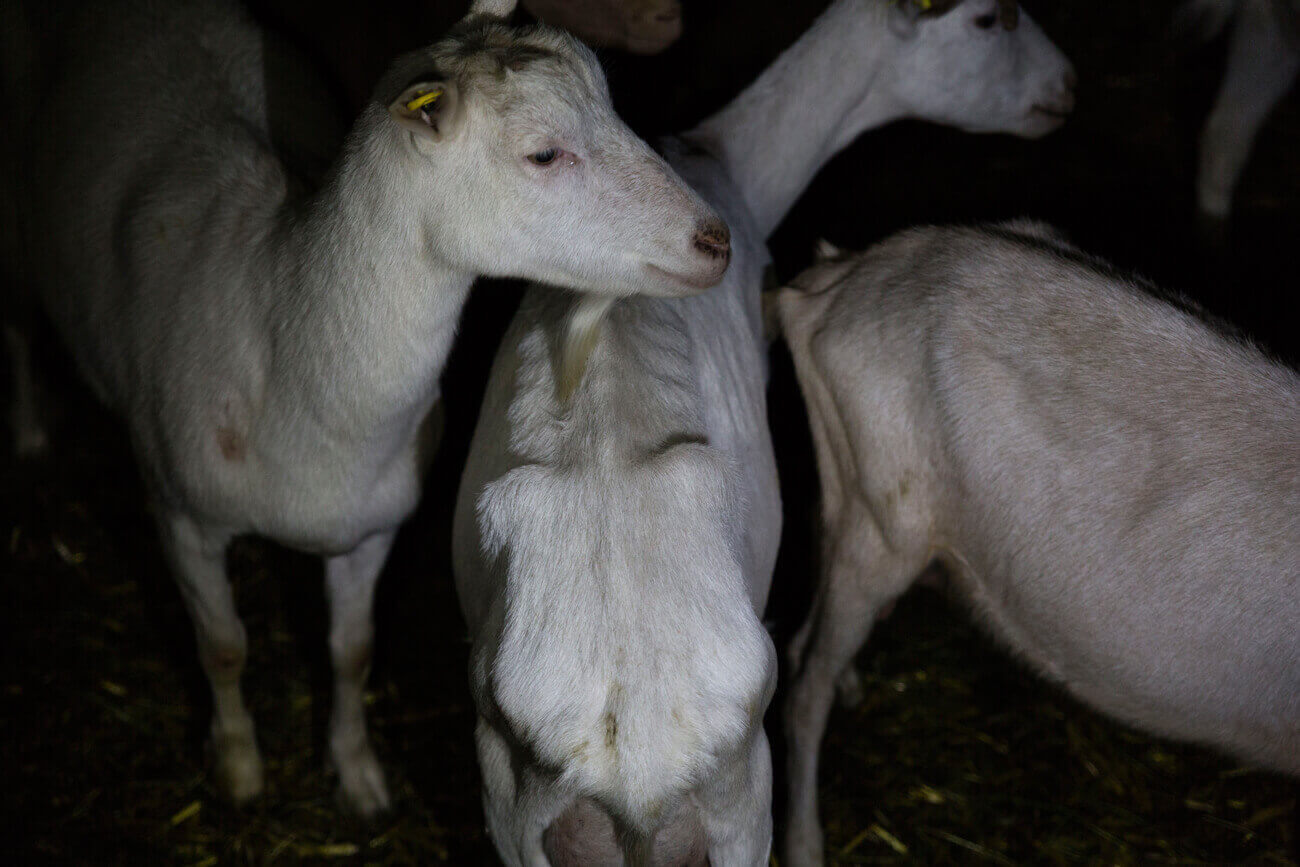
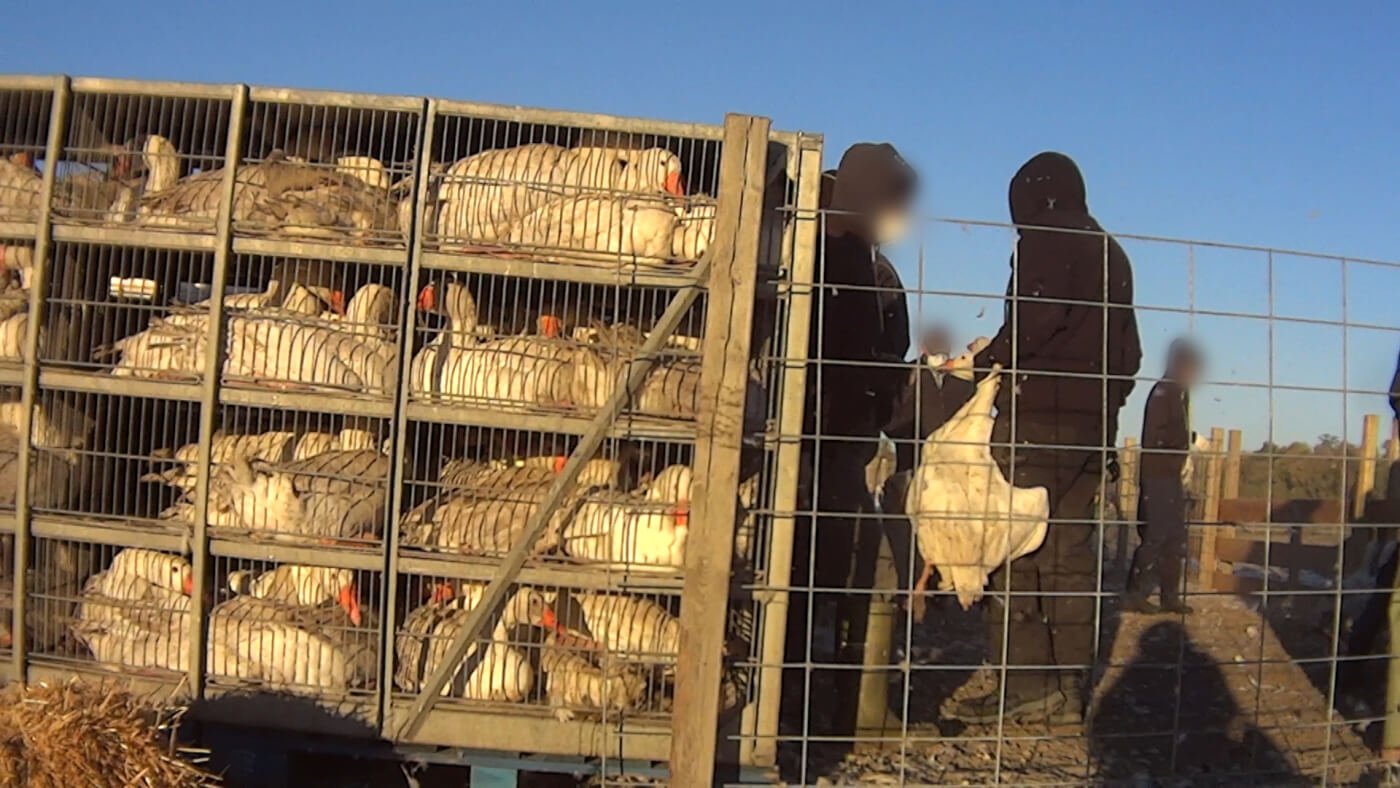
The only label that can guarantee that no animals were exploited or harmed is “Vegan.”
We can live long, healthy, happy, fun lives without making others suffer. If your choices of food, clothing, entertainment, or household items are causing harm to animals, today is the day to start choosing differently.
Animals Don't Exist to Benefit Humans—They're Here for Their Own Reasons
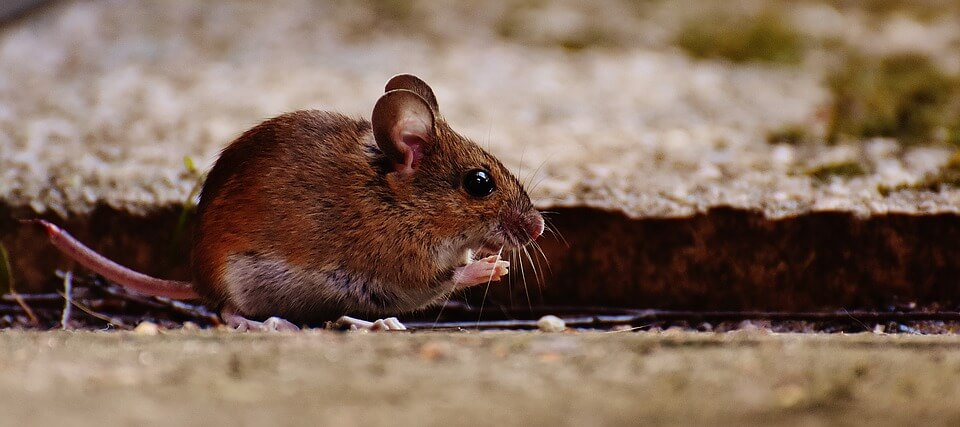
Wild animals are fighters and scavengers. They persevere through extreme weather, injuries, and hunger. They protect and feed their young and make difficult choices. They learn how to survive in a world that doesn’t offer them any special treatment.
Rats can remember more than 30 events in context. Fish can retain a memory for more than seven years. Storks fly 5,000 miles away from their homes in the winter and return in the spring to the exact same rooftop with no GPS device or map.
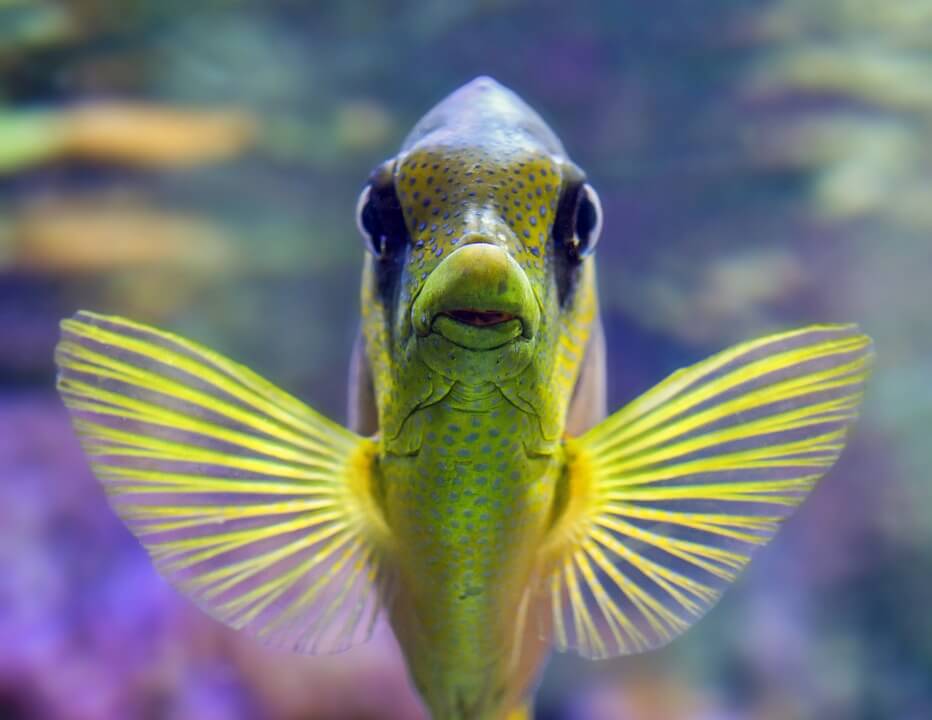
Squirrels bury their nuts and find them later using the stars as a compass, and if they see you watching them, they’ll pretend to bury the acorns in one spot and then bury them somewhere else when you’re not looking. Swallows use mud to set a broken bone. A 1-year-old crow figured out that putting rocks into water made the food rise to the top. At 8 months old, a cow can learn how to operate gate latches and water pumps. Ants come to the rescue to help their injured friends.
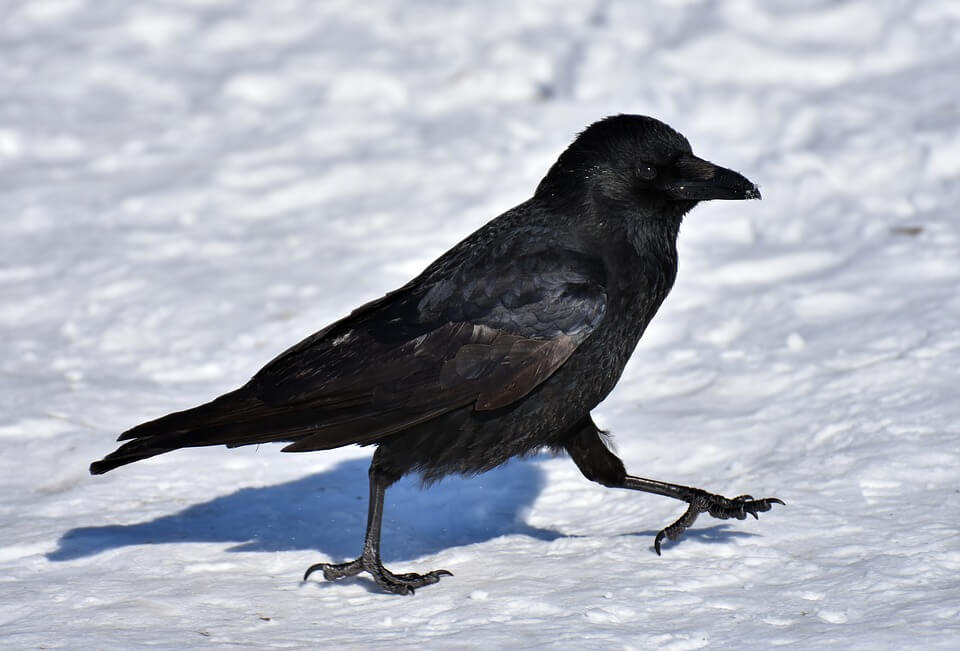
To say that animals aren’t as intelligent as humans is wrong. They’re more intelligent than adult humans in many ways. And since when did we base someone’s right to live on their intelligence, anyway?
If it’s obvious to you why you shouldn’t eat a dog or keep your little sister locked inside a cage, it should also be obvious why you shouldn’t eat other slaughtered animals or buy products that have been tested on animals in laboratories—because the same obvious reasons apply to these situations.
Take Action
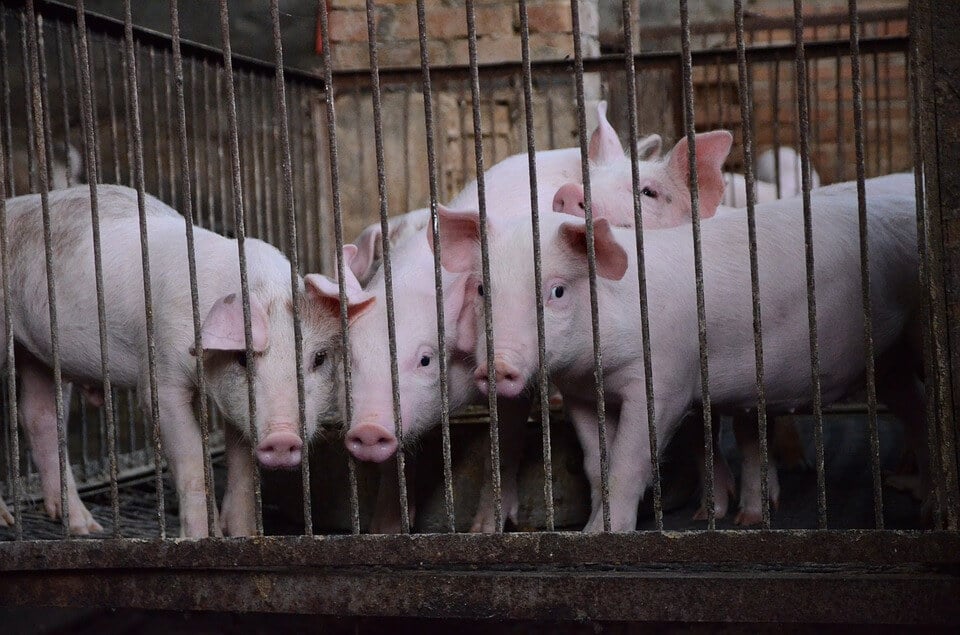
What we know about animals’ intelligence, range of complex emotions, and receptiveness to pain makes it impossible to justify exploiting them.
If you haven’t adopted a vegan and cruelty-free lifestyle yet, this is the time to make the change.
Paying a premium for misleading labels shouldn’t give comfort to consumers with good intentions, because these labels don’t give comfort to animals. People who don’t want to hurt animals should go vegan—and tell industries to stop lying to compassionate shoppers.

Exploiting and killing animals is inherently cruel. Tell Whole Foods, SeaWorld, and other companies that their misleading labels aren’t fooling you—and ask them to stop trying to trick compassionate consumers. Then, pledge to try vegan!
Get started by telling Whole Foods to stop using misleading labels. Once you take action, another alert targeting more animal exploiters will appear. Each time you click “Send Message,” more companies will receive a message urging it to stop tricking compassionate consumers.